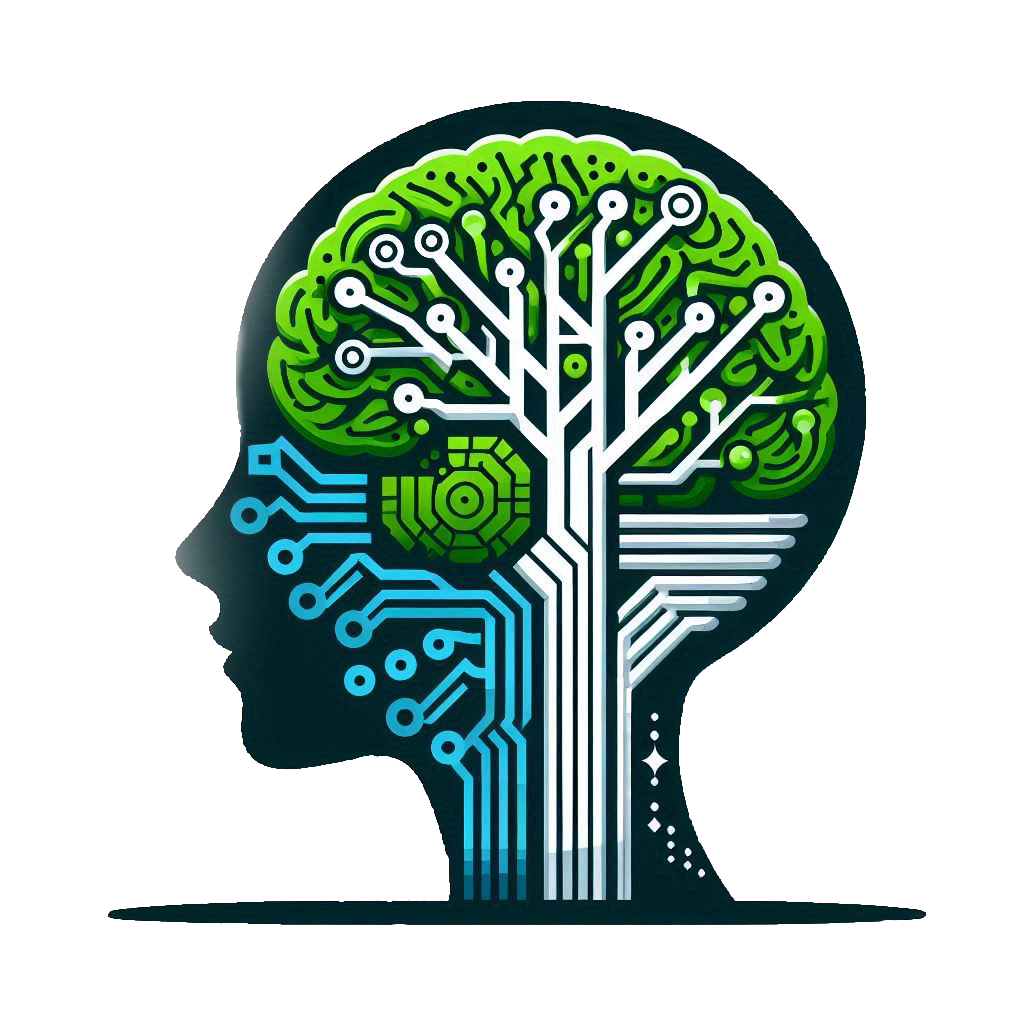Round table moderated by Delphine Seitiee (Alp ICT) with Florian Revaz (ISIT-CH), Laura Tocmacov (ImpactIA) and Sylvain Rossy (AI Swiss).

AI and the environment#
Without prior introduction, Delphine turned to Florian to ask him THE question on everyone’s lips: why is Artificial Intelligence so polluting? Florian began by explaining that AI requires hardware and infrastructure. The computing power needed to train machines on mathematical models is simply phenomenal. The need is such that major manufacturers like NVidia are innovating at a frenetic pace to deliver more computing power. This comes at an ecological price: the impact on the raw materials extracted from the ground, on the water and fossil fuels used to extract and transform all this into servers. In addition to the machines, we also have to build data centres, which also have a significant impact: cement, water for the buildings, energy and water to cool the servers, etc. Between 2022 and 2026, the energy demand for AI will double, and will be between the energy consumption of a country like Switzerland and the energy consumption of Germany! Amazon has announced a 30% increase in its water consumption due to AI. Microsoft has announced a 20% increase.
Artificial Intelligence is also a bet to solve or help us solve our environmental problems.
-Florian Revaz
Laura goes on to explain that, in fact, it’s all a question of use. And to make good use of it, we need to focus on understanding what Artificial Intelligence is, what it’s for, and what it’s not for. This will give you the awareness you need to start designing mathematical models that have as little impact as possible. So you need to get acculturated by doing your first AI project. This acculturation is essential if you are to decide to apply AI to the right use cases.
Business departments often consider that IT is a blocker in the implementation of AI within the company.
-Laura Tocmacov
Sylvain adds that there is a risk of shadow IT developing in business departments. He confirms that there are already plenty of AI projects being carried out “on the sly” in large companies. The proliferation of these projects would have an extremely negative impact on the environment.
AI and ethics#
Delphine then asked Laura about the ethical issues surrounding Artificial Intelligence, and she listed 8 interesting issues:
- Aligning the values of AI with the values of the company
- AI must not be developed at the expense of the planet.
- The biases of mathematical models and the non-diversity of data
- Who are the trainers of AI? AI must represent a diversity of people, which means that it must be trained by many different people, using data from many different cultures.
- Who are the users of AI? To avoid Artificial Intelligence being for an elite only.
- Who decides what is just and moral? Artificial intelligence is built and trained overwhelmingly by North American giants. Their culture of puritanism has produced Artificial Intelligences that censor erotic news. Does this decision include European culture? Have we, Europeans, had the right to choose?
- Artificial Intelligence and Open-Source: avoiding dependence on companies that are becoming more powerful than states.
Delphine then asked the experts whether, in terms of generative AI, there were any models that were more ethical, more open and more transparent than the others. And incredibly, the answer was Facebook, or rather Meta! Meta has built its LLaMa project as an open-source project, open to everyone. Anyone can contribute to making it evolve. It’s completely free.
A final word#
We must be vigilant to ensure that Artificial Intelligence does not supplant local digital sovereignty. Regulations are coming, and in particular the European IA Act, which will put pressure on companies in the way they manage this technology, with the possibility of very large penalties. This law is already scaring Apple, which has decided to block the use of the Artificial Intelligence embedded in the new iPhone 16 in Europe. In Switzerland, there are plans underway for nano-taxation on the use of generative AI, so that funds can be redirected to social insurance. It will be interesting to follow this project closely!
The closing sentence of this round table sums up the need for acculturation in this new technology: Knowledge is power!
